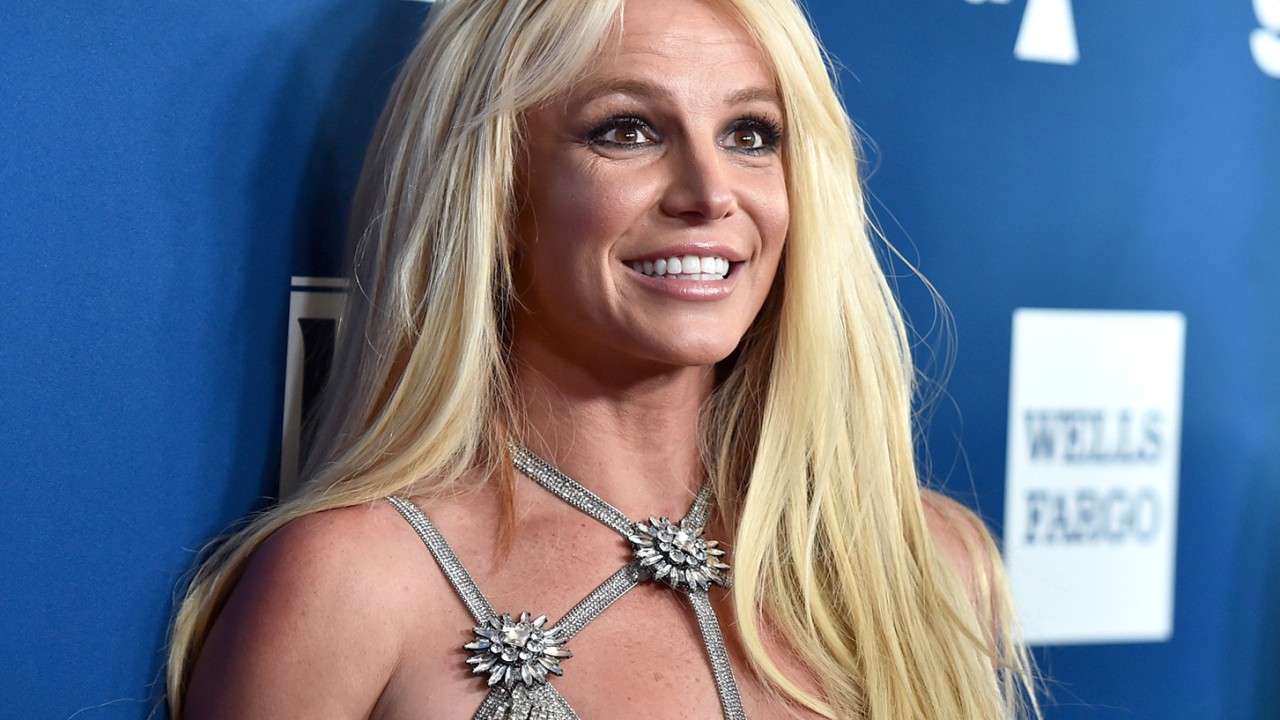
Never mind that it was not very good, or that it conveniently fudged portions of the group’s history for its own narrative purposes. It was the catalyst for our current wave of pop star-centric cinema, which everyone is looking to ride.
A few years later, Gary Busey was nominated for an Oscar for his lead role in 1978’s The Buddy Holly Story, and Sissy Spacek won best actress for playing Loretta Lynn in 1980’s Coal Miner’s Daughter.
But that did not stop them from coming, because there is too much upside for the involved parties.
In a world where it is hard to sell the public on new characters or original ideas, musicians and pop stars are pre-sold entities that come with built-in audiences.
The performances themselves are often awards bait. Biopics can help relaunch or reinvigorate a career, which can lead to increased album and concert ticket sales, and the rise-to-glory rock star story arc lends itself well to Hollywood’s three-act story structure.
And the films are often made with the cooperation of the musicians themselves, which helps soften those sometimes rough edges of their lives.
If a filmmaker wants to colour outside the lines and make a movie without the artist’s sign off, music rights can be held back, and nobody wants to see a Britney movie where we cannot hear “Baby One More Time”.
The best examples of the genre have a clear perspective and tend to focus on one specific period in an artist’s life; the full cradle-to-the-grave story is tough to effectively cram into two hours. Plus there needs to be time to play all those hits.
The Springsteen biopic, for example, is slated to centre on the making of his 1982 album Nebraska, which is a more effective approach than trying to get 50 years of a career on screen.
Springsteen is tough because we know so much about him, and that was one of the problems with this year’s Back to Black; Marisa Abela was able to mimic a lot of Amy Winehouse’s distinct mannerisms but could not capture her grit or soul. The movie tanked domestically but did well at the international box office.
Back to Black came off like an attempt at image rehabilitation on behalf of Winehouse’s father and her ex-husband, Blake Fielder-Civil, telling their versions of the truth, and audiences were easily able to sniff that out.
Spears’ story and others could face a similar fate, but truth is not the goal in these projects. It is commerce, the artist as intellectual property, and the biopic is just another piece of their portfolio. At least the soundtracks are already taken care of.
It is hard to say how long this current wave will last; cinematic trends ebb and flow, and music biopics will eventually cool off or we will run out of pop stars to canonise.
Right now they are hotter than a new star rocketing up the charts, but we have all seen enough movies to know a crash is coming – and that someone will be there to write a song about it.

